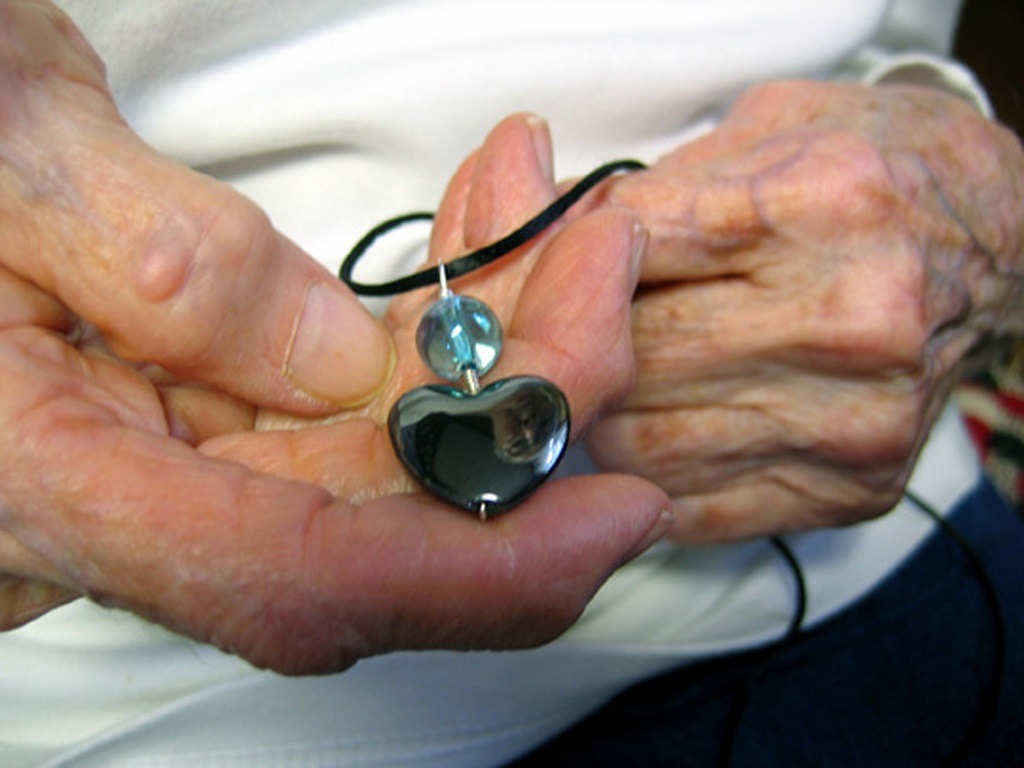
July 9, 2015; Modern Healthcare
NPQ has been following the public dialogue weighing in on the value of physician-patient end-of-life conversations. At the end of May, we reported on a Wisconsin program that trains interns and physicians to talk with their patients about advance directives and the right to make deliberate and informed decisions about care at the end of their lives. Still, the fact remains that although according to a 2012 survey of Californians by the California HealthCare Foundation, eighty percent say that if seriously ill, they would want to talk to their doctor about end-of-life care, only seven percent report having had an end-of-life conversation with their doctor. This disconnect has resulted in too many patient lives prolonged painfully and unnecessarily by physician and family ignorance regarding the patient’s desires.
It’s complicated. Certainly, responsibility lies with both physician and patient, but part of the problem comes from reluctance to have the conversation in the first place. In some cases, it’s the old Medicare fee-for-service model for reimbursement that has deterred physicians. However, the Centers for Medicare & Medicaid Services (CMS) are proposing a revised physician fee schedule for 2016 that would include provisions for two new advance-care planning codes to pay physicians to discuss patient choices. One code would cover the first 30 minutes, and the other would cover any additional 30-minute blocks that are needed.
“This is a patient-centered policy intended to support a careful planning process that is assisted by a physician or other qualified healthcare professional,” AMA president-elect Dr. Andrew Gurman said in a statement praising the proposed policy. “This issue has been mischaracterized in the past and it is time to facilitate patient choices about advance care planning decisions.”
Sign up for our free newsletters
Subscribe to NPQ's newsletters to have our top stories delivered directly to your inbox.
By signing up, you agree to our privacy policy and terms of use, and to receive messages from NPQ and our partners.
Part of the problem has been communication between specialty doctors and primary care physicians. The accountable-care model of CMS seeks to ensure that every patient has a “medical home” in a primary care setting. CMS is considering how to better pay for collaborative care consultations between primary-care doctors and specialists requiring “extensive discussion, information-sharing and planning.” They are also evaluating whether advance care planning should be an optional element of a beneficiary’s annual wellness visit.
It’s important to note that the CMS is seeking comments regarding the expansion of its Innovation Center’s Comprehensive Primary Care Initiative that is evaluating the clinical benefits of coordinated continuity of care that provides enhanced patient access measured against financial sustainability. At this time, Medicare has not made national coverage determination but leaves the decision with local contractors in the absence of a national Medicare policy.
Providers and advocacy organizations are supporting the bill. “Helping families understand the medical underpinnings for such decisions requires deliberate conversations based on the family physician’s expertise,” Dr. Robert Wergin, president of the American Academy of Family Physicians, said in a news release. “This service is a vital part of medical care that merits compensation, and we look forward to working with CMS to ensure inclusion in the physician fee schedule.”
It is gratifying to note that CMS is recognizing the need for ongoing values-based conversations between patient and doctors rather than a “one and done” procedure that ends with the signing of an “advance directive” document. This could go a long way in decreasing instances where the form is not available or accessed, or when family members are confused when making the choice for a loved one.
“Talk about what things make life worth living for you,” Dr. Rebecca Aslakson, a critical care anesthesiologist at Johns Hopkins Hospital in Baltimore advised. People feel reassured, even downright virtuous, when they have completed their paperwork, “but if the family doesn’t know about it, if the medical team doesn’t know about it, it might as well not exist.”—G. Meredith Betz.












